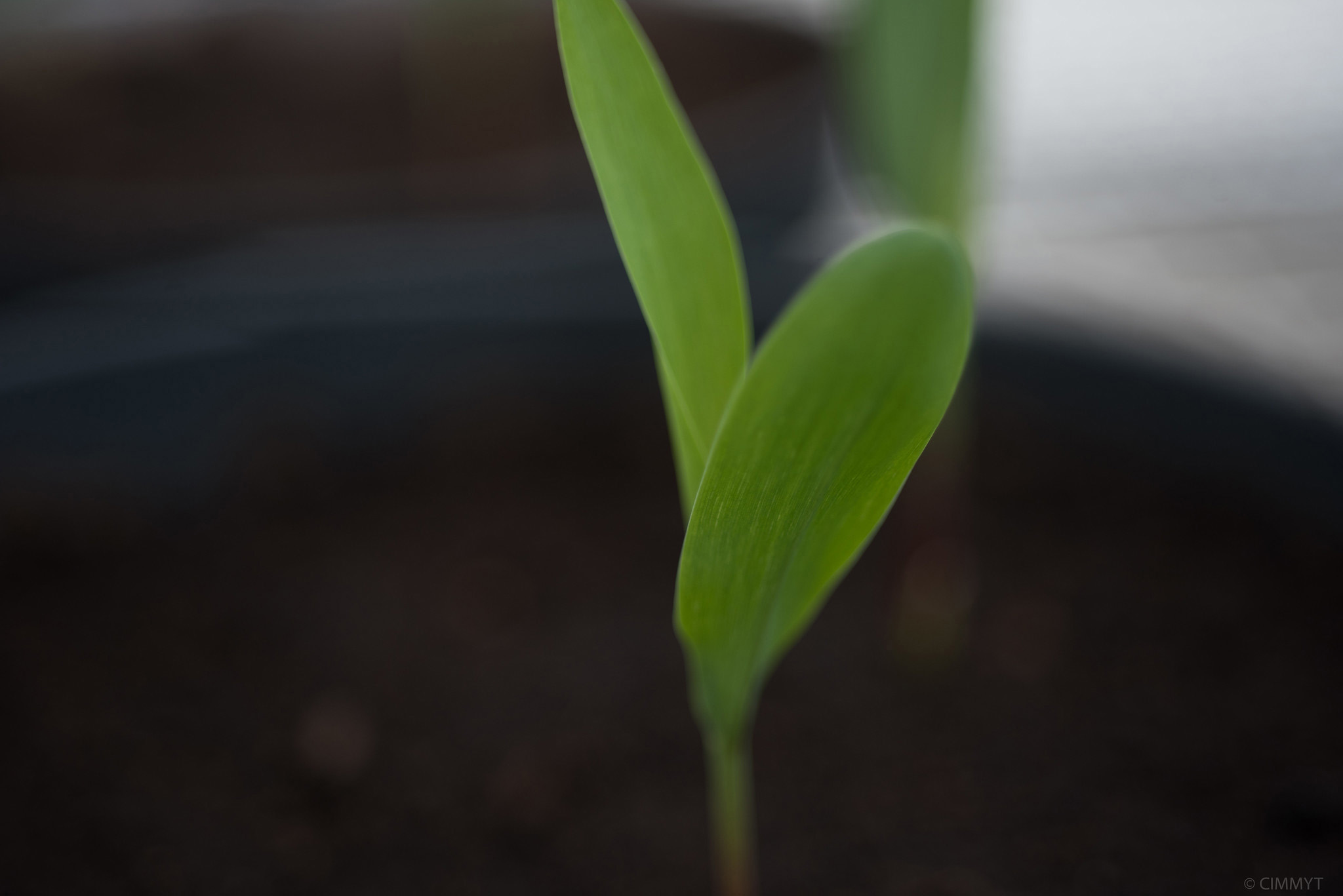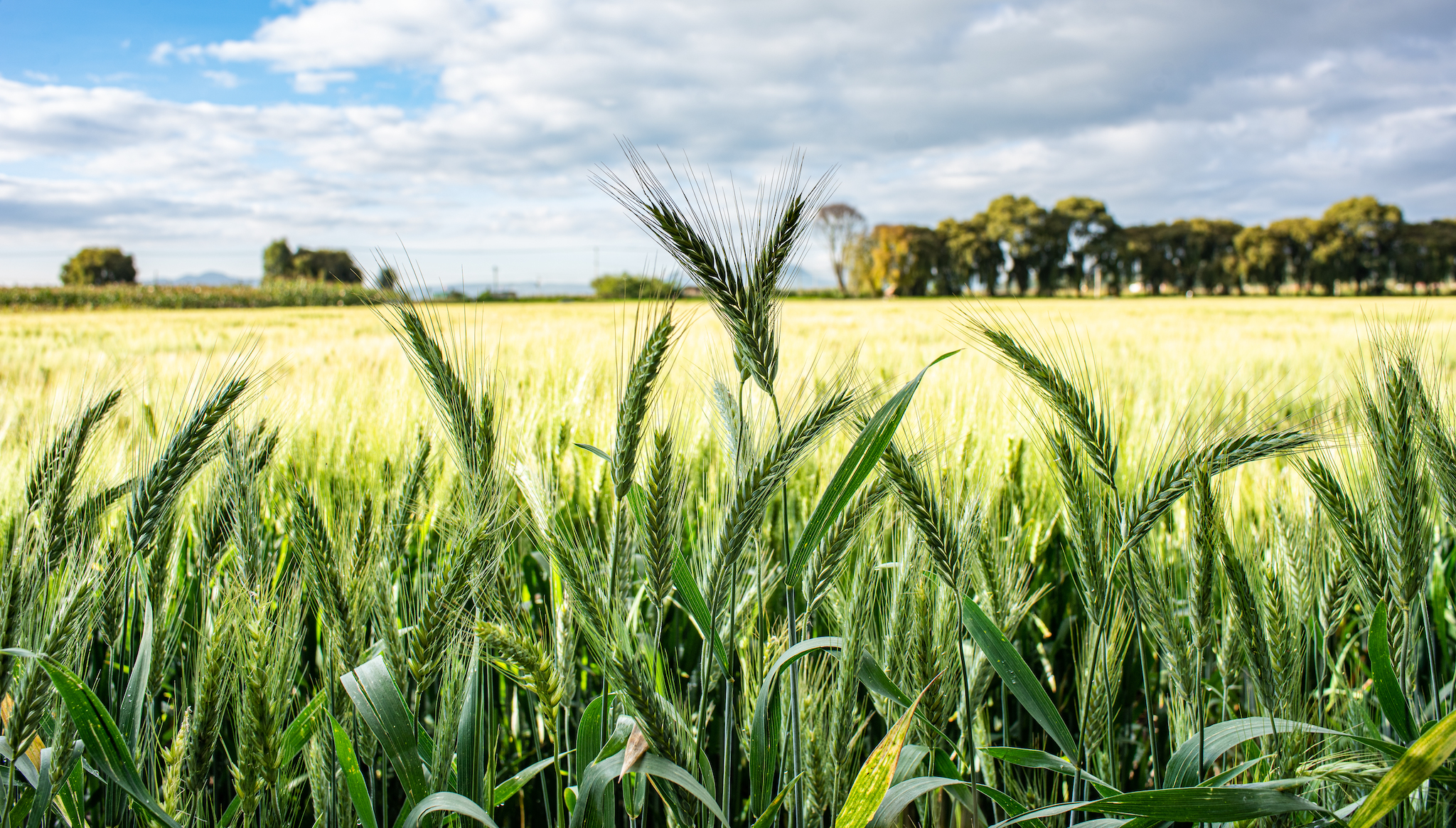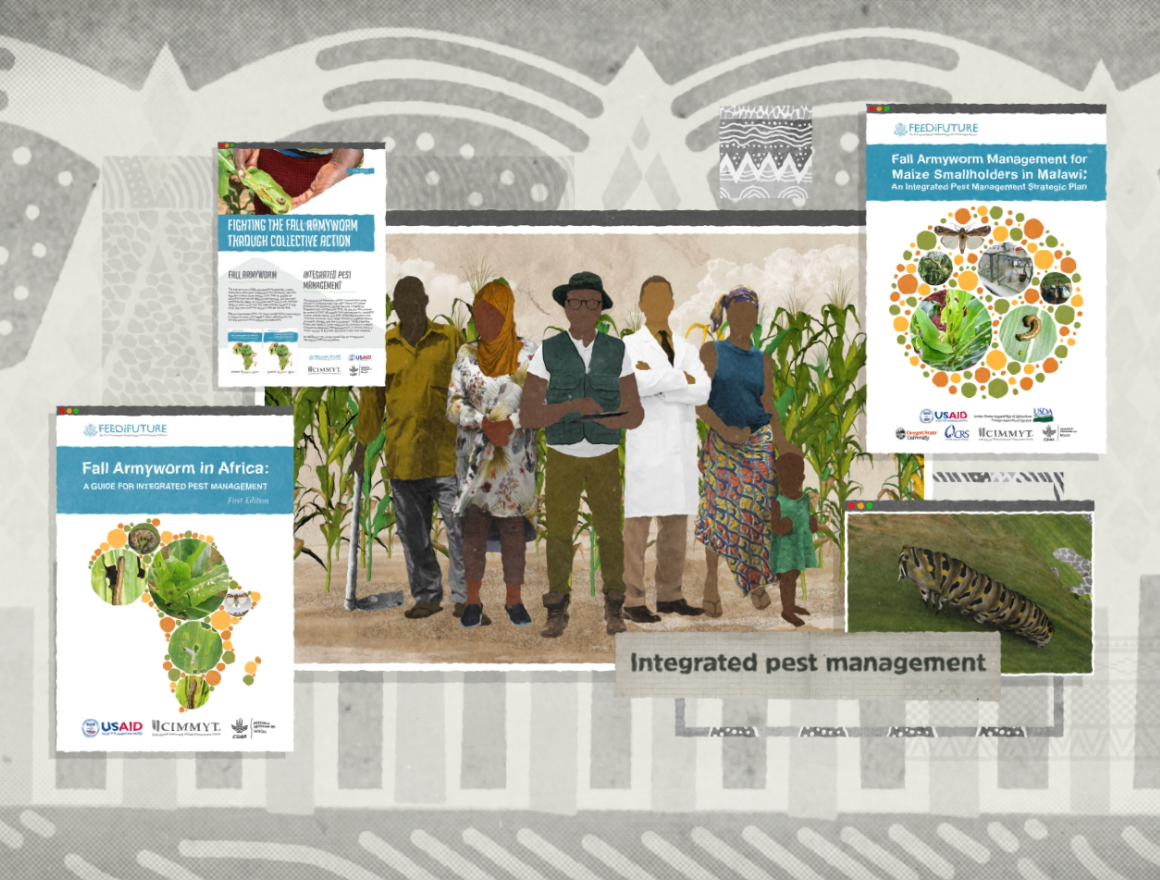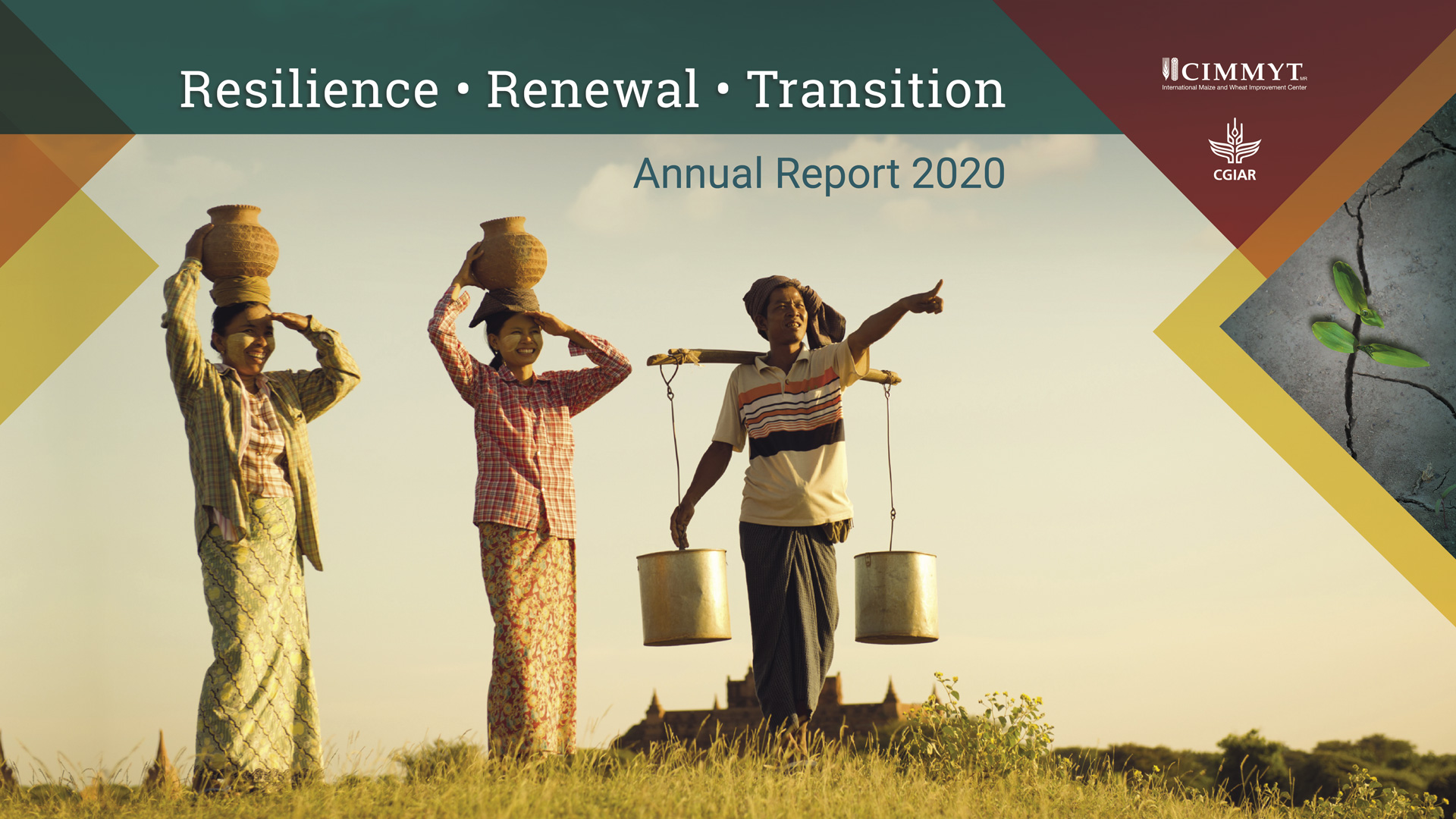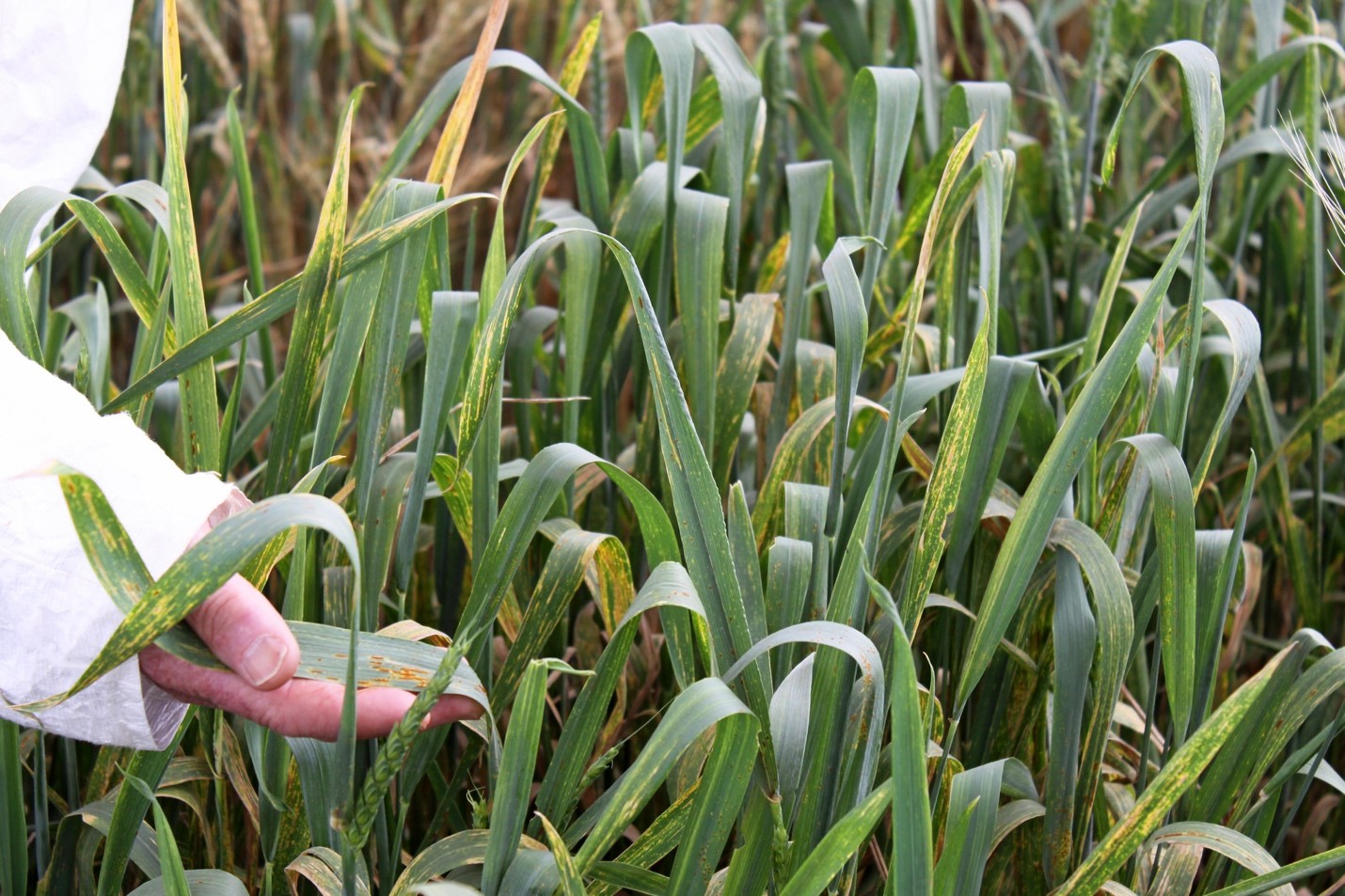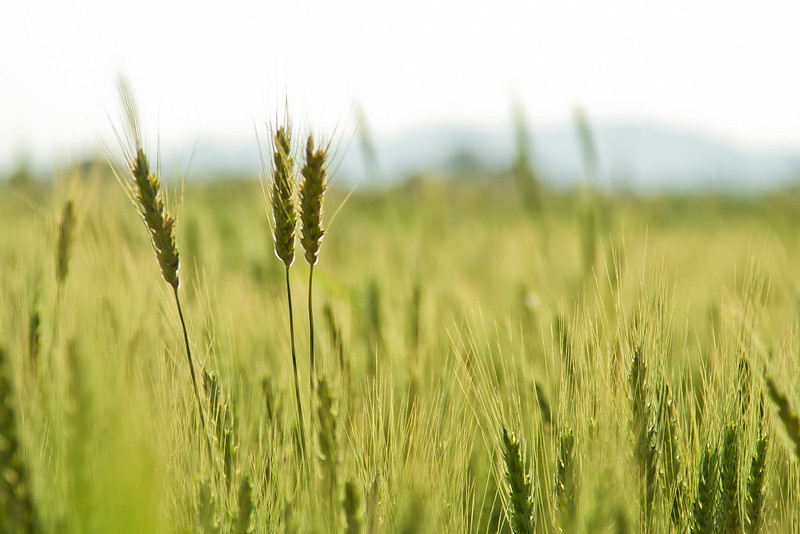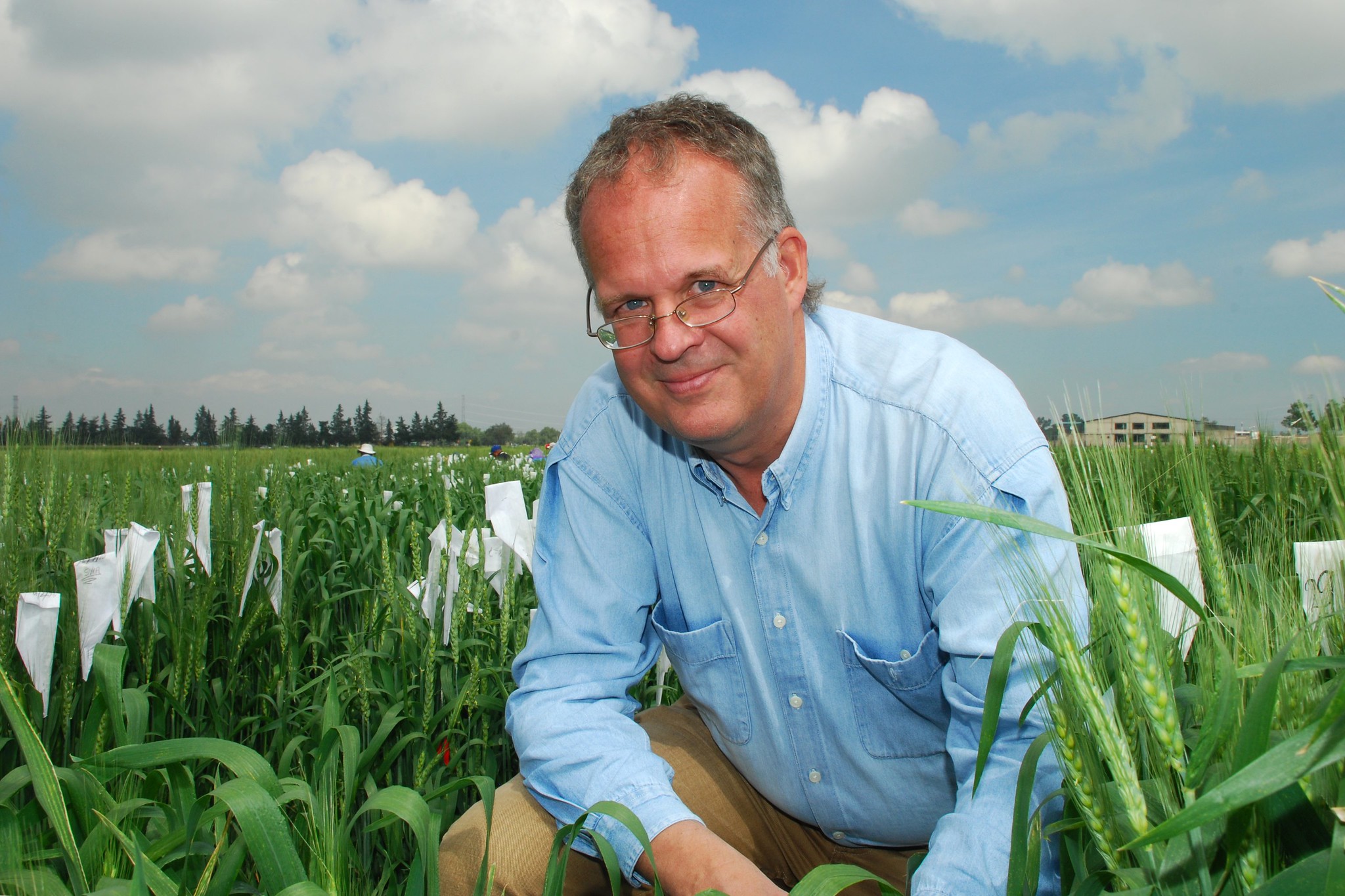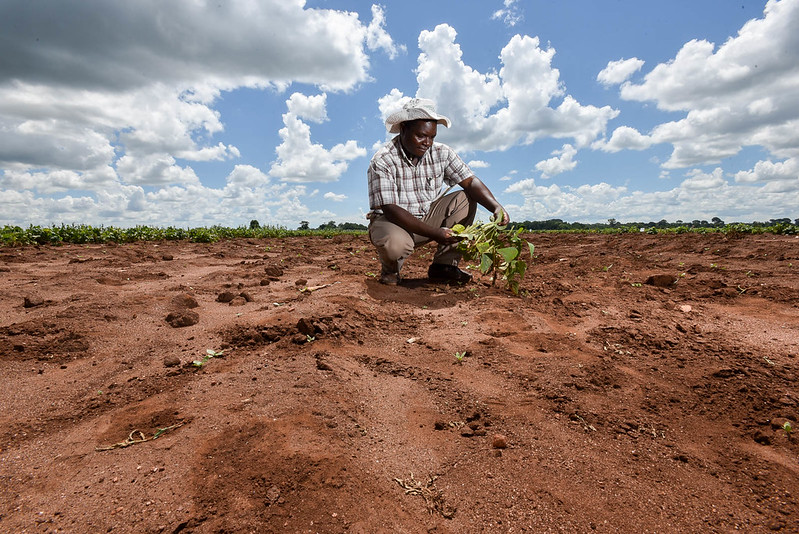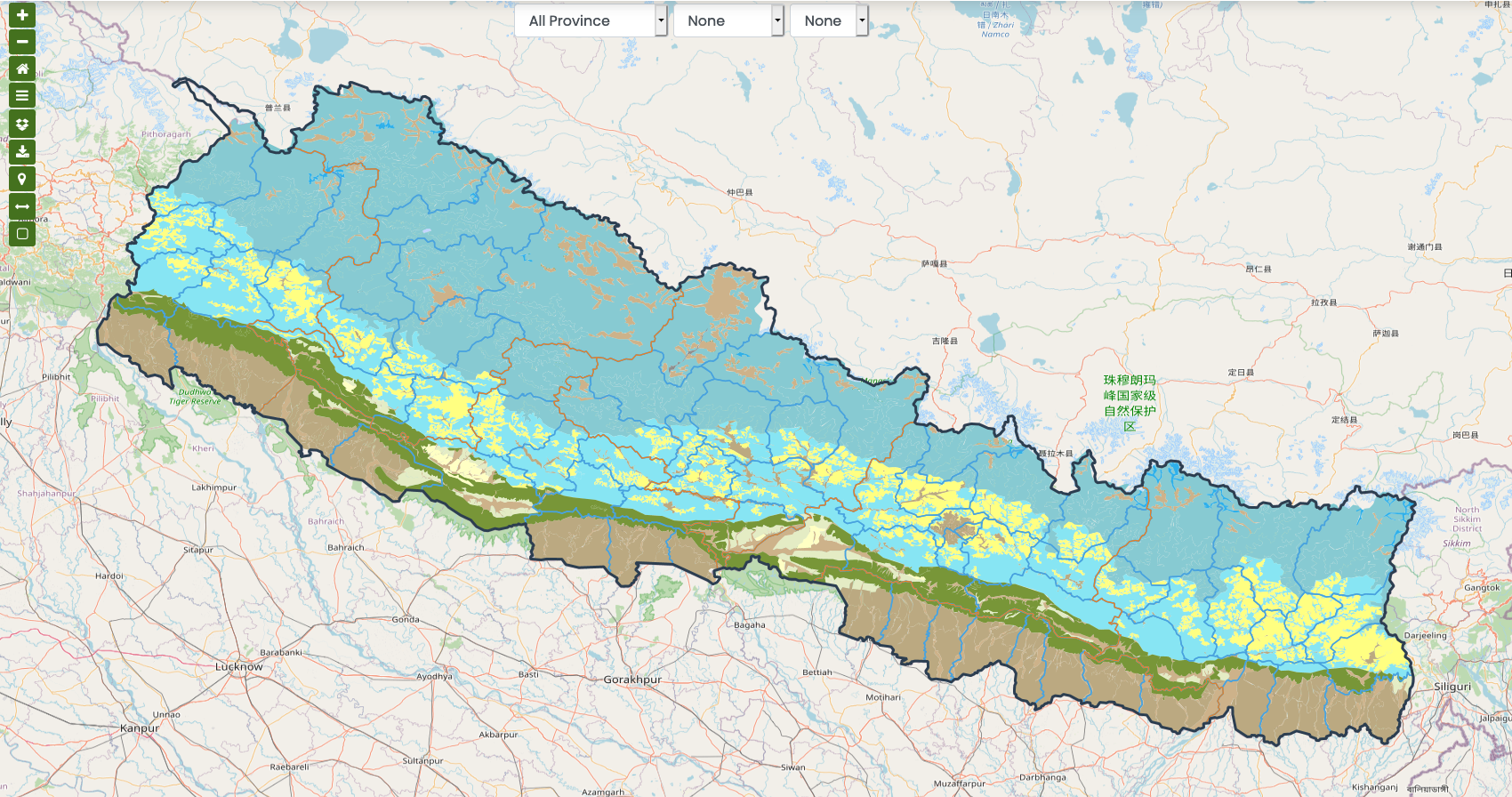Environmental health and biodiversity
The world needs better management of water, soil, nutrients, and biodiversity in crop, livestock, and fisheries systems, coupled with higher-order landscape considerations as well as circular economy and agroecological approaches.
CIMMYT and CGIAR use modern digital tools to bring together state-of-the-art Earth system observation and big data analysis to inform co-design of global solutions and national policies.
Our maize and wheat genebanks preserve the legacy of biodiversity, while breeders and researchers look at ways to reduce the environmental footprint of agriculture.
Ultimately, our work helps stay within planetary boundaries and limit water use, nutrient use, pollution, undesirable land use change, and biodiversity loss.
Maize and wheat science to sustainably feed the world
 Climate adaptation and mitigation
Climate adaptation and mitigation
New CIMMYT brochure highlights value of maize and wheat science to battle rising undernourishment.
Protecting plants will protect people and the planet
 Climate adaptation and mitigation
Climate adaptation and mitigation
Understanding the relationship between climate change and plant health is key to conserving biodiversity and boosting food production today and for future generations.
Waging war against the fall armyworm
 Environmental health and biodiversity
Environmental health and biodiversity
CIMMYT and its partners worldwide continue to work on this complex challenge, so millions of smallholder farmers can protect their crops and feed their families.
Annual Report 2020 launched
 Climate adaptation and mitigation
Climate adaptation and mitigation
Working towards resilience, renewal and transition in our agri-food systems.
Maíz: en equipo, locos por la genética
 Environmental health and biodiversity
Environmental health and biodiversity
Source: La Nación (26 Jun 2021)
An article in La Nación praises the work of a number of research institutions, including CIMMYT, for their use of science and technology to develop hybrid maize lines adapted to the needs of farmers, markets and consumers.
La Agricultura de Conservación, una oportunidad para afrontar los retos presentes y futuros de la agricultura
 Capacity development
Capacity development
Source: Agroinformación (22 Jun 2021)
At the 8th World Congress on Conservation Agriculture, Martin Kropff argued that “agriculture cannot take a toll on the environment”, praising conservation agriculture for its contribution to building resilience to drought.
Adult plant resistance (APR): the strategy to beat persistent pathogens
 Environmental health and biodiversity
Environmental health and biodiversity
CIMMYT’s decision to focus on APR genes versus race-specific genes (R-genes) protects the livelihoods of millions of smallholder wheat farmers throughout Africa, Asia, and Latin America.
Report links wheat blast pandemic on three continents
 Environmental health and biodiversity
Environmental health and biodiversity
Source: World Grain (19 Mar 2021)
Genetic analyses show that a destructive wheat blast fungus that travelled from South America to South East Asia is now established in Zambia under rain-fed conditions.
A challenge solved
 Environmental health and biodiversity
Environmental health and biodiversity
Massive study of breeding lines across environments pinpoints genomic regions associated with yield potential and stress-resilience in bread wheat.
Four questions with CIMMYT’s Maize Genebank Curator
 Environmental health and biodiversity
Environmental health and biodiversity
How to preserve and share the genetic biodiversity of maize.
How biodiversity conservation can help manage future pandemics — for plants and for humans
 Environmental health and biodiversity
Environmental health and biodiversity
Source: The Counter (21 May 2021)
Dave Hodson discusses why conservation may be the key to our survival.
A conservation conversation
 Environmental health and biodiversity
Environmental health and biodiversity
In a Q&A, Thomas Payne reflects on how CIMMYT’s wheat genebank can be a model for maintaining biodiversity in agricultural systems.
Agricultura regenerativa: la ruta sustentable de Grupo Bimbo
 Environmental health and biodiversity
Environmental health and biodiversity
Source: Forbes México (7 Apr 2021)
Through regenerative agriculture prices, Grupo Bimbo, a partner of CIMMYT, is revitalizing and ensuring the sustainability of Mexico’s agricultural sector.
World Health Day 2021
 Climate adaptation and mitigation
Climate adaptation and mitigation
Five CIMMYT solutions for a fairer, healthier world.
Nepal launches digital soil map
 Environmental health and biodiversity
Environmental health and biodiversity
Digital platform provides information that will help increase crop productivity and improve soil health.
